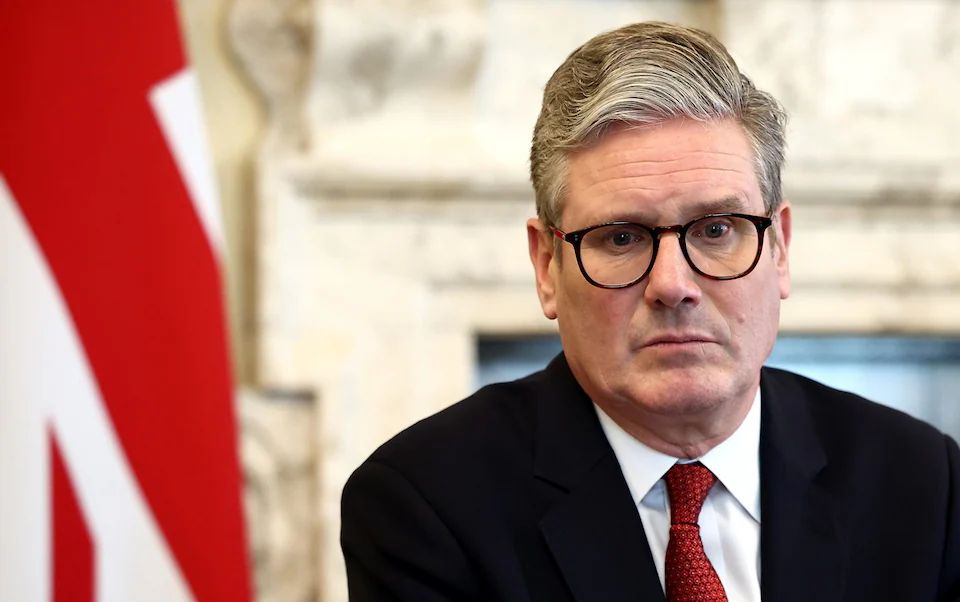Prime Minister Keir Starmer has defended the government’s tax-raising Budget, insisting it will help lift hundreds of thousands of children out of poverty.
He described child poverty as abhorrent and said he is “absolutely determined” to reduce it.
The government has been responding to questions on the Budget, which includes new measures affecting everything from electric vehicles to pensions.
On Wednesday, Chancellor Rachel Reeves raised taxes for millions while announcing the end of the two-child benefit cap. The government also maintained its defence of its economic growth record despite downgraded medium-term forecasts.
Under the Budget, millions will pay higher rates of tax as wage increases push more people into higher bands, due to the freeze on income tax thresholds until 2031.
New taxes are also planned for electric vehicles, pension contributions, and properties worth more than £2m.
According to the Institute for Fiscal Studies (IFS), households face a truly dismal rise in their spending power averaging just 0.5% a year over the next five years.
Whether Lisa will pay the new property surcharge depends on the value of her home. Properties over £2m will be subject to the levy, although the Treasury expects fewer than 1% of homes in England mostly in London to be affected.
Beginning April 2028, the surcharge will range from £2,500 for homes valued between £2m and £2.5m, up to £7,500 for properties worth £5m or more.
The Budget also extends the freeze on tax thresholds for an additional three years from 2028. As a result, more state pensioners may be pulled into paying income tax, since the full new state pension sits just below the 20% tax threshold. Around half of pensioners already pay tax due to other income sources, such as workplace pensions.
The government hinted it may not enforce tax collection for those whose pension income only marginally crosses the threshold, though further details are awaited.



